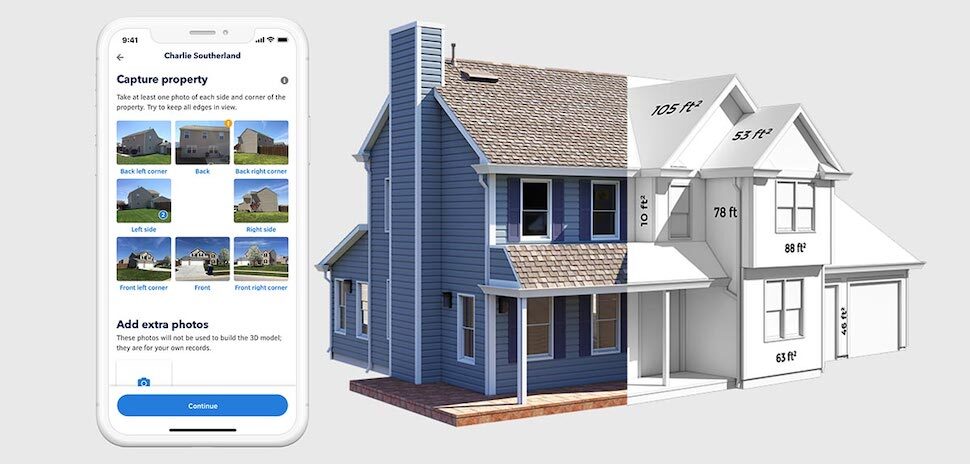The war in Ukraine has proven how critical drones are to a nation’s defense, and that deploying them efficiently can be key to success in the battlespace. Now a new unmanned aerial system developed with technology from a Dallas company could represent a leap forward—both for military and commercial applications.
Arlington, Virginia-based BlueHalo has launched the next generation of its Intense Eye Unmanned Aerial System platform. The drone incorporates an injection-molded chassis using HX5, a multi-scale reinforced polymer from Dallas’ Alpine Advanced Materials.
HX5 was engineered to replace machined aerospace-grade aluminum and “has been tested and proven against the harshest environments on Earth.” The result? Alpine says the polymer makes the Intense Eye UAS “stronger and lighter with increased efficiency and payload capacity.”
Drone is strengthened by AI and machine learning
BlueHalo’s Intense Eye UAS line is a 750-mm class 4 rotor Vertical Take Off and Landing (VTOL) drone for dual-use in commercial and military operations. The system’s software and avionics “are strengthened by BlueHalo’s superior artificial intelligence and machine learning technologies–providing unmatched autonomy, communications systems, and swarm logic capabilities,” the company says.
James Batt, BlueHalo’s Chief Growth Officer, says his company “has worked closely with the incredibly talented Alpine team to develop a lighter, stronger, more capable UAS through injection molding engineering.”
“The next generation of our Intense Eye UAS product line features this innovative HX5 airframe in combination with BlueHalo’s industry-leading autonomy and AI/ML capabilities, providing new mission-critical solutions to warfighters and expanding opportunities for our commercial partners,” Batt added in a statement.
‘A victory’ for HX5
“This is a victory for injection molded HX5, which is ideal for the drone industry for many reasons,” David Brantner, CEO of Alpine Advanced Materials, said in the statement. “Our engineering team worked closely with BlueHalo throughout the process, leveraging all of HX5’s material advantages to create an innovative, tough-to-kill unmanned aerial system designed for complex battlespace environments.”
The two companies collaborated throughout the development process, optimizing the frame design based on mold flow analysis “to ensure optimal fiber alignment and strength in critical areas.”
Speeds production and delivery
The HX5 polymer doesn’t just make the drone stronger and lighter. In addition to its mechanical and environmental benefits, the injection molding process has allowed BlueHalo to accelerate production and delivery, Alpine said.
“Through the injection molding process and the high specific strength provided by the HX5 material, we were able to consolidate parts on a 7:1 ratio,” Mary Clum, BlueHalo sector president and corporate EVP, said in the statement. “Working with Alpine gave us the opportunity to develop an ultra-light and mechanically superior aerospace-grade thermoplastic UAS frame designed for the most capable, versatile, and high-performance applications.”
The Intense Eye product line is an “entirely U.S.-developed and manufactured UAS system that alleviates supply chain disruptions and bolsters system security,” Alpine noted.
Alpine says that BlueHalo can modify the IE-V3 for custom applications—including “autonomous swarming solutions, payload development and deployment, test targets, fire and rescue operations, atmospheric profiling, education and research, and more.”
More on how HX5 was developed
In 2021, Dallas Innovates profiled Alpine’s then-president, Roger Raley, who led the team of engineers developing HX5. He was ranked among the Future 50 in Dallas-Fort Worth in the 2021 edition of Dallas Innovates Magazine, and offered background on how the polymer was developed.
![]()
Get on the list.
Dallas Innovates, every day.
Sign up to keep your eye on what’s new and next in Dallas-Fort Worth, every day.


































































